Fewer students entering field, 'broken immigration system' cited as reasons
Chipmaking giant TSMC's recent announcement of delaying output at its Arizona facility has renewed the discussion that has long been frustrating the U.S. chip industry: where to find workers to staff the new fabrication plants?
Taiwan Semiconductor Manufacturing Co, the world's largest contract chipmaker, had planned to begin installing equipment at its Arizona facility in September 2022, but pushed the date to the first quarter of 2023 due to a shortage of skilled workers.
The company has once again postponed production from late 2024 to 2025 because it couldn't find enough workers to install advanced equipment at the facility. The delay is seen as a blow to the Biden administration's plan to boost domestic chip manufacturing.
"Foreign companies, such as TSMC, are enticed or coerced into building new fabs (manufacturing plants) in the U.S.. Now the TSMC management has discovered that they are not able to hire enough people from an American workforce that are qualified or willing to work in the rigors of a Taiwanese operation," George Koo, a retired international business adviser in Silicon Valley, told China Daily.
Samsung, which is building a new fab in Texas, has highlighted the shortage of semiconductor talent as a major obstacle. The world's biggest memory-chip maker is reportedly trying to bring workers from outside the U.S. to the new facility.
As major chip companies are racing to build new fabs in the United States, they are also competing over scarce semiconductor talent.
Chipmakers are projected to add about 115,000 jobs by 2030, but 67,000 of these jobs could remain unfilled, accounting for 58 percent of those projected positions, according to a new report by the Semiconductor Industry Association, or SIA.
Apart from the immediate need for construction workers to build plants, the U.S. semiconductor industry faces a significant shortage of technicians, computer scientists and engineers for medium- and long-term needs.
In fact, chip companies in the U.S. have long been grappling with worker shortages because of a lack of awareness of the industry and too few students entering semiconductor-related academic fields.
In the past several decades, much of the U.S. chip manufacturing moved offshore or was outsourced to foundries in Asia, as the costs of owning a new chip factory in the U.S. are roughly 30 percent to 50 percent higher than in Asia, according to the SIA.
"Chip companies in the U.S. dropped out of making their own chips because of the escalating capital investment required to keep up. The techno-entrepreneurs concentrated on designing new devices for new applications," said Koo.
As a result, many U.S. people today are not familiar with the professions in semiconductor manufacturing, said Koo, and the manufacturing process requires a diverse array of highly specialized skills, which cannot be trained in a short period of time.
Generations behind
U.S. semiconductor production is several generations behind the leading edge, and the know-how for the most advanced chipmaking processes resides outside the United States, according to a report by the Center for Strategic and International Studies.
It identified several training obstacles to fix the shortage, such as few students entering academic fields related to semiconductors, and inadequate STEM (science, technology, engineering and math) preparation.
U.S. students have shown little interest in the industry. For instance, Hudson Valley Community College in New York has experienced chronic difficulty in filling its semiconductor manufacturing classes, and a significant number of students have dropped out before completing coursework.
At U.S. colleges and universities, more than 50 percent of master's engineering graduates and 60 percent of those with a doctor's degree in engineering are foreigners. However, immigration policies make it challenging for them to obtain visas to work in the country.
"I don't think our schooling and our training is up to snuff at scale," said Penny Pritzker, former U.S. commerce secretary, at the recent Aspen Security Forum looking at challenges facing the country's chip industry.
She blamed the "broken immigration system" for failing to retain "talented people we do not have otherwise in the country".









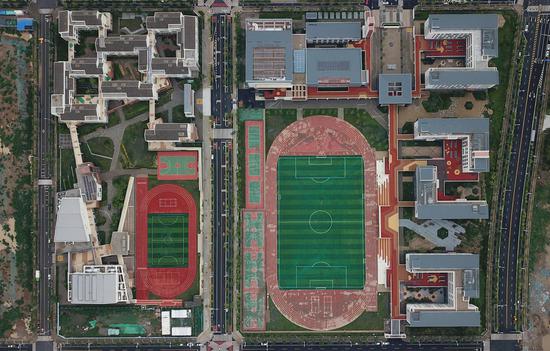




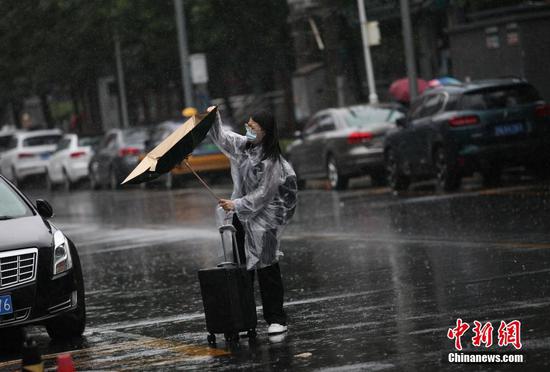






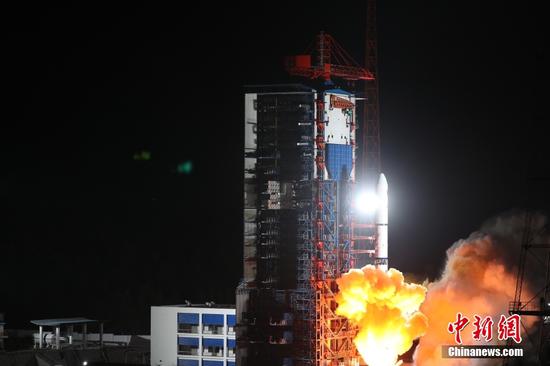

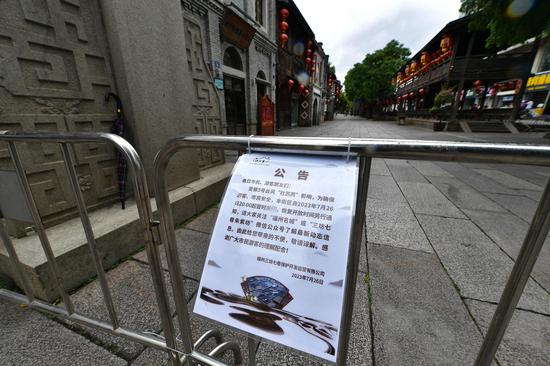


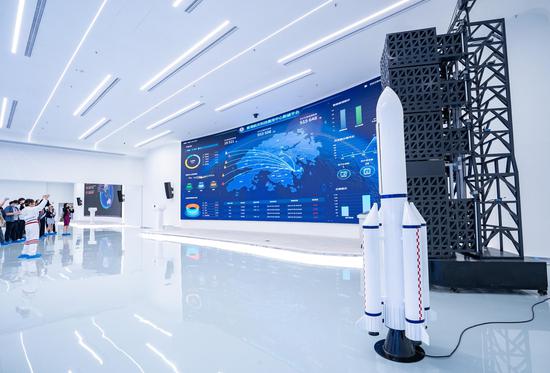

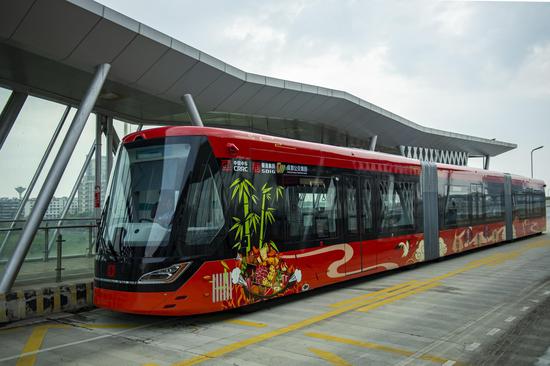
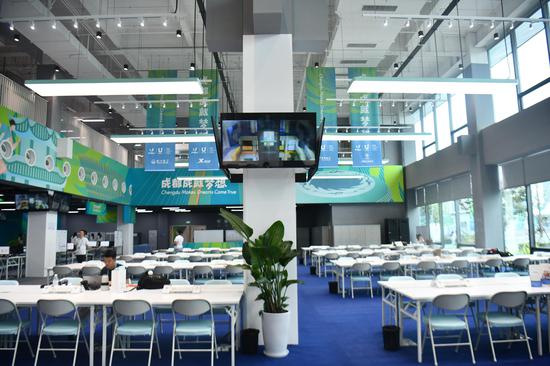






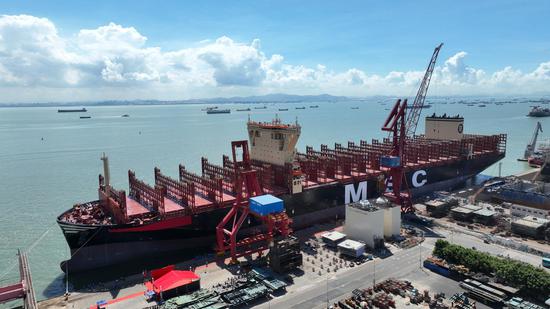


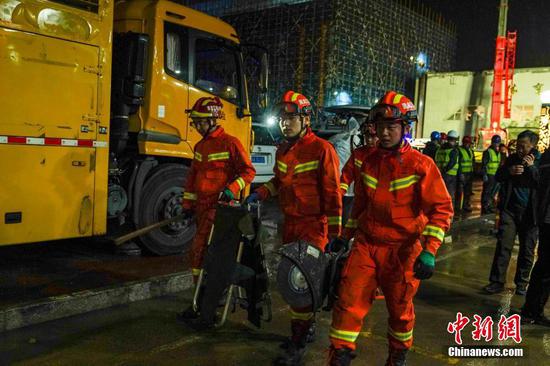

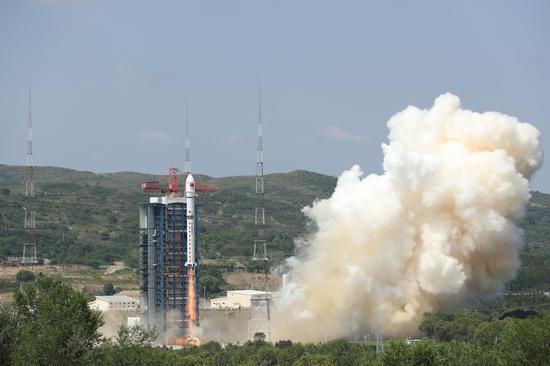








 京公网安备 11010202009201号
京公网安备 11010202009201号